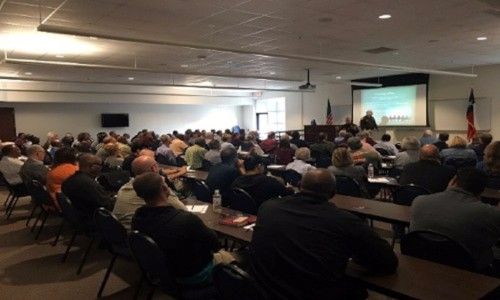
“The Texas Heartbeat Act” became law today.
Governor Greg Abbott signed Senate Bill (SB) 8 to ban abortions after a detectable pulse. The bill’s passage is a landmark moment for the proposal, which died in committee in 2019 as several other states passed their own versions. It is also the first heartbeat law of its kind, using civil lawsuits instead of government action for enforcement.
“The Texas Heartbeat Bill is now law in the Lone Star State,” Abbott said after signing the bill, carried by state Sen. Bryan Hughes (R-Mineola) in the Senate and Rep. Shelby Slawson (R-Stephenville) in the House.
Between the varying versions of heartbeat bills in the state legislature, SB 8 has remained the strongest. It allows any private citizen of Texas to sue those who perform or aid abortions after a detectable pulse, while Slawson’s other version would punish physicians who carry out the procedure with penalties assessed by the Texas Medical Board, such as fines and license suspension.
The 2019 version that died in committee would have empowered the state to jail physicians that violated it.
The version that became law today passed through a crucible of debate in the House between Slawson and Rep. Donna Howard (D-Austin), who said calling the pulse a “heartbeat” is a misnomer.
“There’s no chambers. There’s no blood pumping going on at that time,” Howard said.
“My pregnancies I was very grateful for… It doesn’t always work that way for everybody. There have always been abortions, and there always will be.”
Slawson said the pulse nonetheless shows a sign of life.
“Many men and women in this chamber have had that incredible experience when we first heard the sound of our then-unborn babies play out in a doctor’s office… That beautiful melody of a tiny life,” Slawson said.
It passed out of the Texas Senate 19 to 12, with one Democratic “aye” vote from Sen. Eddie Lucio (D-Brownsville) ...

